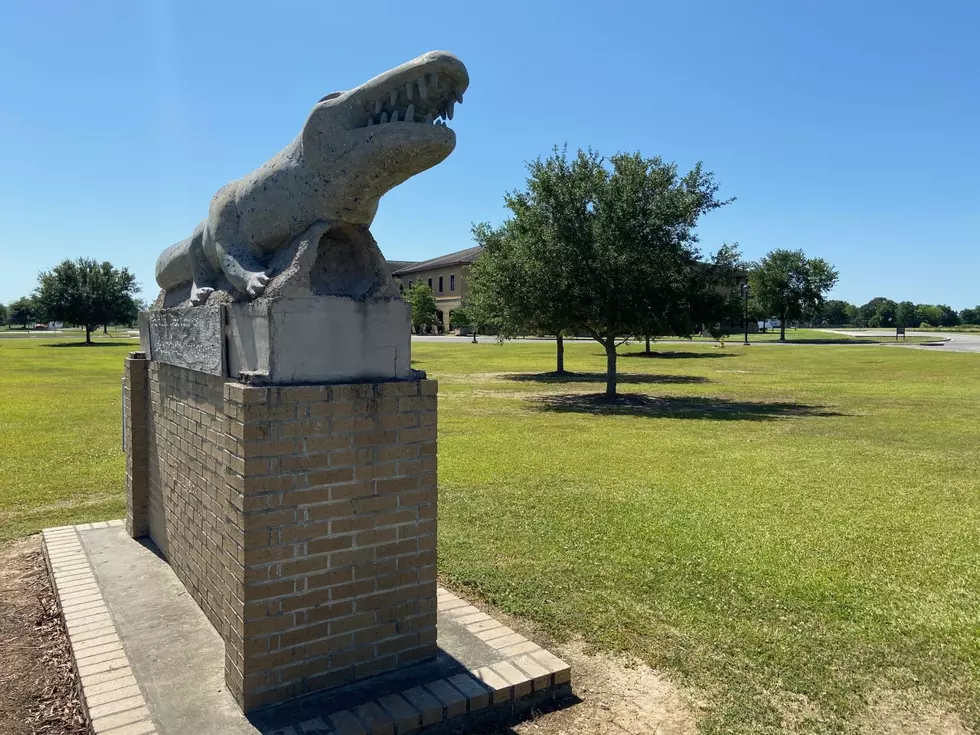
Man Said He Received Newton Payment Plan
Quarterback Cam Newton #2 of the Auburn Tigers yells after running for a touchdown against the Chattanooga Mocs November 6, 2010 at Jordan-Hare Stadium in Auburn, Alabama.Photo
Courtesy---Getty Images
Courtesy---espn.com
Bill Bell, a Mississippi State booster and former player at the school, told the NCAA he received a text message from a man claiming to represent Cam Newton's father that outlined a payment plan designed to bring the quarterback to the Bulldogs.
Bell said former teammate Kenny Rogers told him Cecil Newton wanted money for his son to play at Mississippi State.
Bell said he told the NCAA that Rogers sent him a text message outlining a payment schedule. Bell said the text included a request for $80,000 the day after Cam Newton signed with Mississippi State, $50,000 30 days after that and another $50,000 30 days later.
"When he asked for it, it was like 'Bam!'" Bell said. "He told me this kid's dad is going to want money and the next day he sent me a text message. He didn't say anything other than 'This is what I want and I want it in three installments.'"
Bell said he kept Rogers' text message on his old cell phone, which was damaged by water, but he is currently trying to retrieve the text message through his cell service provider.
Bell also said he has recordings of several voice mail messages from Rogers, which he played for NCAA investigators.
"[Cecil Newton] didn't come out and say, 'I want $180,000,'" Bell said. "He inferred it and talked about it, but not directly. Kenny would talk about it in front of him, and [Cecil Newton] never corrected him or said, 'No, that's not what we're doing.'"
Bell said the initial contact to him was made by Rogers, who played football with Bell in college. But Bell, a Florida businessman, said he also had several conversations with Cecil Newton during his son's recruitment.
"He said it was going to take more than just a relationship with [Mississippi State coach] Dan Mullen and that Cam's relationship with Mullen wasn't what Mullen thought it was," Bell said. "That's when he said, 'Dan Mullen is going to have to put a smile on my face if he thinks he's going to get my son.'"
Bell said the reason he's providing details of the alleged scheme is because he wants to make sure everybody knows Mississippi State didn't break NCAA rules during its recruitment of Cam Newton, who has emerged as the Heisman Trophy front-runner in his first season at Auburn.
Rogers' attorney, Douglas Zeit, told ESPN.com on Wednesday: "As I understand it, that was the payment plan Cecil Newton was seeking."
Zeit said he did not know whether Cecil Newton participated in three-way calls with Rogers and Bell, but added, "I believe [Newton] was insistent the calls be made" seeking payment. Zeit confirmed that his client met Tuesday with NCAA enforcement representative Jackie Thurnes in person to discuss the Newton case. He said NCAA enforcement rep Marcus Wilson also participated in the interview via telephone.
Zeit said he also has been contacted by the office of Mississippi Secretary of State Delbert Hosemann seeking an interview with Rogers, but that hasn't happened yet.
No one answered the telephone at Cecil Newton's home in Atlanta on Wednesday.
Last Thursday, Rogers told ESPN 103.3 radio in Dallas that Cecil Newton told him it would take "anywhere between $100,000 and $180,000" for his son to play at Mississippi State.
Rogers said that on Nov. 28, 2009, he and Cecil Newton followed each other out of Starkville, Miss., after the Ole Miss-Mississippi State game. He said Newton asked him: "What do you think is going to happen? You think it's going to go through?"
Rogers said he was referred to Bell. Rogers said he left Bell a message telling him he was with Cecil Newton, who wanted to know if the deal was going to happen.
Auburn has contended that Newton is an "eligible student-athlete." Newton played in Auburn's 49-31 victory over Georgia last week.
NCAA spokeswoman Stacey Osburn declined to discuss the specifics of the Newton allegations, but said in general that solicitation of benefits by a student-athlete's family is an NCAA violation. Osburn said the potential penalties for such a violation depend on multiple factors, including the "level of the benefit" being sought and the level of responsibility of the student-athlete.
Osburn said that if a university is not deemed culpable in such an instance, "then it is only a student-athlete eligibility issue." If a violation did occur and the athlete is ruled ineligible, he could appeal for reinstatement.
Osburn said the NCAA handles a high volume of eligibility cases -- "about 2,000 requests a year" -- but they are prioritized based on the next competition for the athlete in question. Since Newton is in the middle of his season, any potential reinstatement case involving him would be expedited.
Bell is the second former Mississippi State player who told ESPN.com that Newton's father was involved in soliciting money in November 2009.
John Bond, who played quarterback at Mississippi State on the same teams with Bell and Rogers, told ESPN.com last week that Rogers also contacted him about an alleged pay-for-play scheme. Bell and Bond have both talked with NCAA investigators, and Bond met Tuesday with FBI officials.
Rogers, whose relationship with Chicago-based agent Ian Greengross is under investigation by the NFL Players Association, was interviewed for several hours by NCAA investigators in Chicago on Tuesday.
Zeit told USA Today on Wednesday that Rogers made it clear that if anybody broke NCAA rules, it was Cecil Newton.
"Nobody's pointing a finger at Mississippi State for doing anything wrong," Zeit told USA Today. "And Kenny has said, 'I had no discussion with Auburn regarding Cam Newton or anybody affiliated with him.' He said, 'I don't know if Auburn has or has not done anything wrong.' He's not pointing a finger at them."
Instead, according to Zeit, Rogers was "pointing a finger direct squarely at the father."
Bell said he called Bond, his close friend, soon after Rogers asked him for money, and Bond informed Mississippi State officials of the pay-for-play scheme. Bell said he was told to stop talking to Cecil Newton and Rogers. Bell said he never talked to Cam Newton during the quarterback's recruitment.
"I've never been involved in paying anything for a player," Bell said. "I'm not that big of a booster. I told Kenny that Coach Mullen was personally handling the recruitment of Cam Newton and no one was going to pay them any money. Kenny said, 'Well, how about $100,000?'"
Newton, a junior from College Park, Ga., has led the No. 2 Tigers to an 11-0 record going into their showdown against Alabama (No. 11 BCS, No. 10 AP) in the Nov. 26 Iron Bowl in Tuscaloosa, Ala. Auburn will play No. 17 South Carolina in the Dec. 4 SEC championship game in Atlanta's Georgia Dome and can probably reach the Jan. 10 BCS National Championship Game in Glendale, Ariz., by winning two more games.
Friday, Mississippi State athletic director Scott Stricklin acknowledged in a statement that the school "was approached with an offer to provide an extra benefit" and that the school refused.
Bell said Auburn's recruitment of Cam Newton was never discussed in any of his conversations with Cecil Newton and that he had no knowledge of any improprieties involving the Tigers.
Bell said he didn't even know who Cam Newton was when Rogers initially contacted him and that it was the first time he'd talked to Rogers since their playing days at Mississippi State.
"It was probably three phone calls or so before Kenny said, 'They're going to want money,'" Bell recalled. "It just seemed like he didn't know what he was doing, like it was the first time he'd ever done something like that. I really believe it was Mr. Newton asking Kenny to do it. I don't think it was Kenny's idea."
More From 103.3 The GOAT









